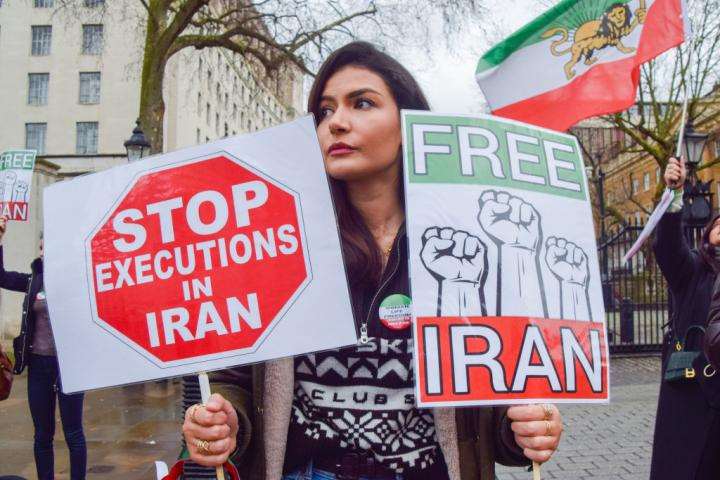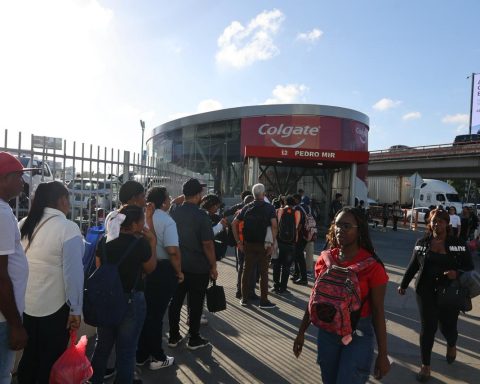May 16, 2023, 10:36 AM
May 16, 2023, 10:36 AM
Saudi Arabia came to execute 81 people in a single day. In Iran executions increased from 314 to 576. In the United States there was an increase of 64%, while more than 2,200 people await lethal injection. Five countries, Afghanistan, Kuwait, Myanmar, Singapore and Palestine resumed executions. And the number of those executed for drug offenses more than doubled.
“Recorded executions in 2022 reached the highest number in five years due to the bloodbaths carried out by the most famous executioners in the Middle East and North Africa”, were the statements of Amnesty International when publishing its annual report on the death penalty on Tuesday.
RFI: Beatriz Martos, head of the campaign against the death penalty at Amnesty International in Spain, with the data collected by your organization, how would you describe the year 2022 with respect to the death penalty?
Beatriz Martos: Unfortunately there has been an uptick in judicial executions around the world. We find the highest figure in the last five years. This also represents an increase of 53% compared to judicial executions carried out the previous year, that is, in 2021. This is undoubtedly a very bad sign.
But, on the other hand, six countries have joined the long list that abolishes the death penalty. Kazakhstan, Papua New Guinea, Sierra Leone and the Central African Republic have all abolished the death penalty in their laws for all crimes. And two more countries, which are Zambia and Equatorial Guinea, have joined the list of countries that have abolished the death penalty for common crimes, with which we have 144 countries that, both in their legislation or in practice, they have abolished this cruel, inhuman and degrading treatment that, in 1977, when Amnesty International began to campaign against the death penalty, only 16 countries had abolished it.
How many countries are still on the list of those that carry out the death penalty?
Beatriz Martos: Currently, and unfortunately, there are 55 countries around the world that they are retentionists. However, although this figure may seem high, it means only 10% of all the countries in the world that continue to practice this capital punishment.
Why was there such a resounding rise in the Middle East and Africa?
Beatriz Martos: There are several reasons. For example, in Iran, death sentences related to the commission of murders or related to drug offenses have increased dramatically. In Saudi Arabia we have the highest figure in the last 30 years and, furthermore, with the horrible data that 81 people were executed in a single day. And many of these people were executed for drug offences. Egypt is the fourth country in the world that has carried out the most judicial executions. However, it has minimally reduced the executions carried out in 2022 compared to 2021.
It is important to note that almost 40% of judicial executions carried out worldwide are related to drug crimes, which violates international human rights law, which states that the death penalty will only be imposed for the most serious crimes. , that is, intentional homicide. Furthermore, executions for this crime disproportionately affect groups that have been historically vulnerable, such as ethnic minorities, people with fewer socioeconomic resources, and other marginalized groups.

















